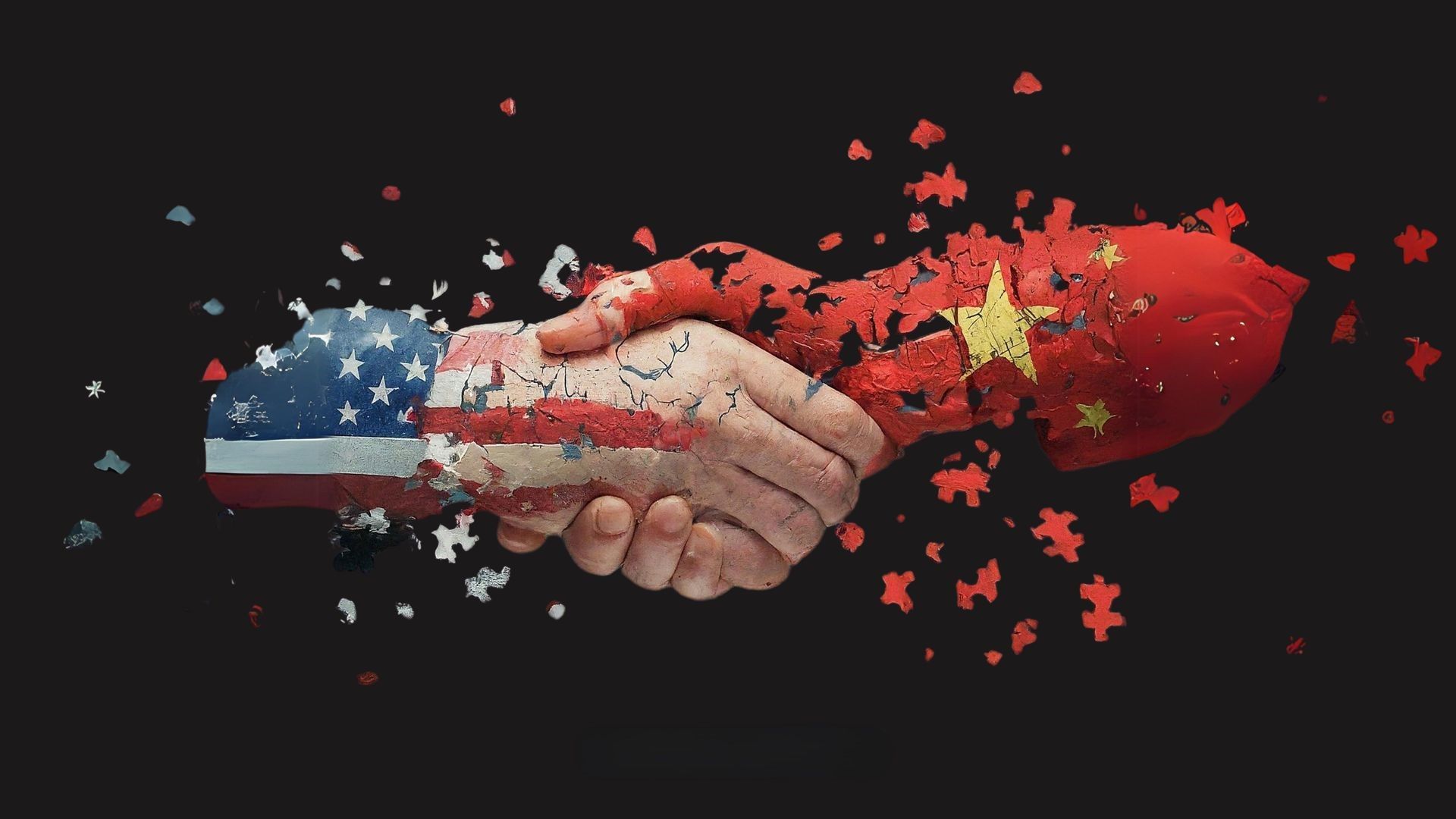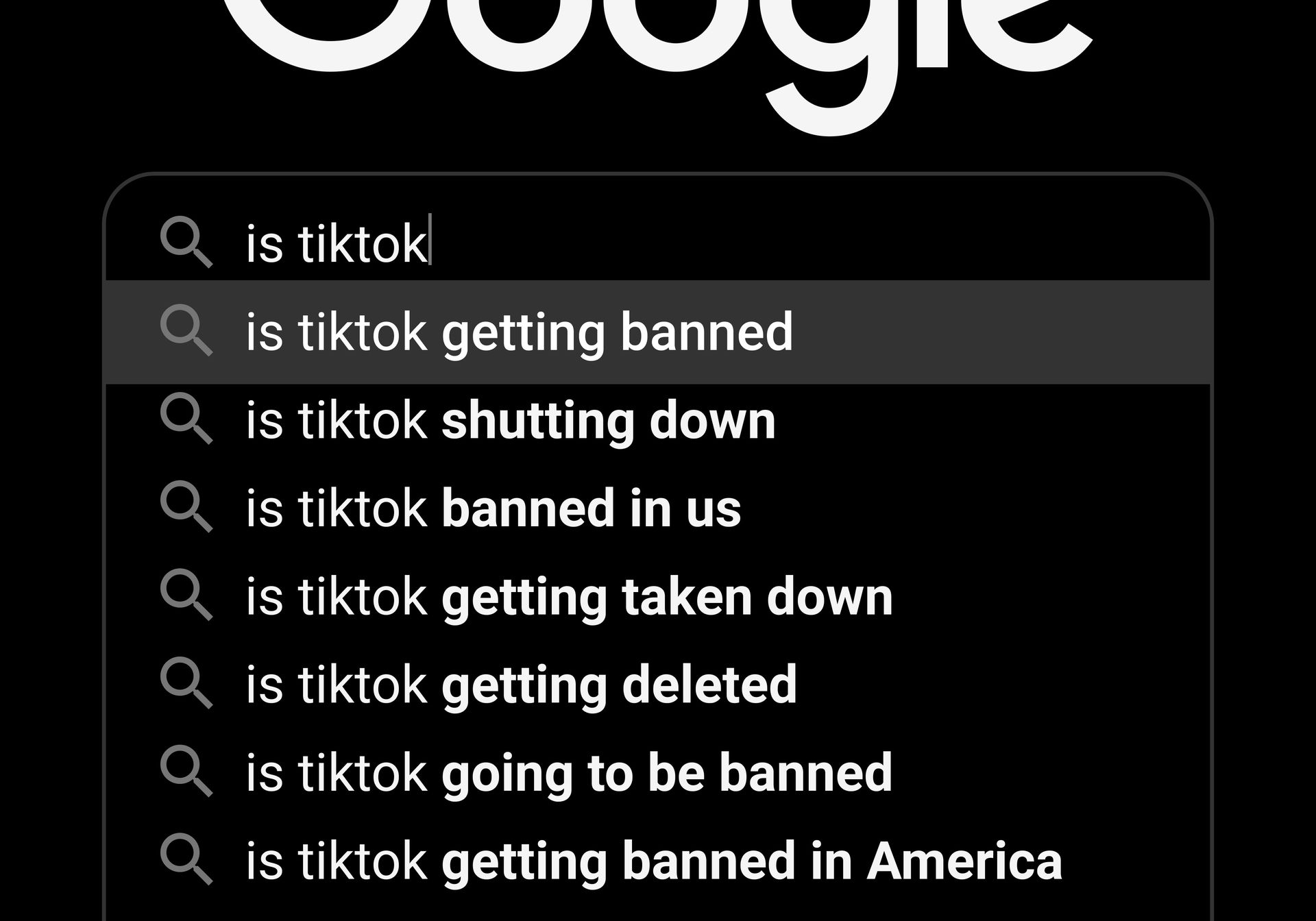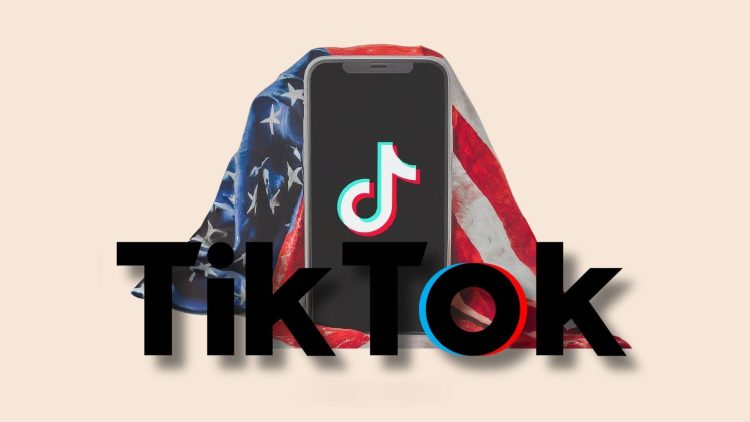The recent legislative actions by the U.S. government have placed the TikTok ban, the immensely popular social media platform owned by China-based ByteDance, at a critical juncture. The U.S. Senate has passed a bill mandating the sale of TikTok to an American company within a year or face an outright ban. This decision, signed into law by President Joe Biden, underscores a significant escalation in the scrutiny of foreign technology firms on American soil.
The journey of the bill through the legislative process was marked by overwhelming bipartisan support, reflecting a rare consensus in a deeply divided political landscape. The bill sailed through the House of Representatives and received a robust endorsement in the Senate, passing with a vote of 79 to 18. The legislation was part of a broader foreign aid package, which also included support for Ukraine, Israel, and Taiwan, highlighting its strategic importance.

The progression of a potential TikTok ban
The looming TikTok ban in the U.S. poses significant challenges for the platform, potentially reshaping its operational strategies and impacting its global user base and business model. Central to the concerns leading to this legislative action are the allegations that ByteDance could potentially allow the Chinese government to access data belonging to U.S. TikTok users. These fears are not new but have been a consistent theme as tensions between the U.S. and China have simmered over various issues, including trade and technology transfer.
TikTok’s response and future steps
In response to the legislative decision, TikTok’s management, led by CEO Shou Zi Chew, has been vocally critical. The company has promised to challenge the decision legally, asserting that the facts and the U.S. Constitution will vindicate its position. TikTok argues that the ban not only infringes on free speech rights but also threatens the economic contributions and the livelihoods of millions of Americans who rely on the platform for business and creative expression.
- Economic impact and public reaction: TikTok has become a pivotal platform for small and medium-sized businesses in the U.S., contributing significantly to the economy. A report released by TikTok highlighted that the platform has generated an economic impact of $14.7 billion for these businesses. The potential ban has also drawn criticism from civil rights groups like the American Civil Liberties Union (ACLU) and the Electronic Frontier Foundation (EFF), who argue that such a move would negatively impact free expression and digital innovation.
- The political and global implications: The decision to potentially ban TikTok carries broader political and global implications. While former President Donald Trump had previously attempted to impose restrictions on TikTok, the current administration’s approach has been seen as part of a broader strategy to mitigate risks associated with foreign technology firms. Moreover, the move could set a precedent that might influence how other countries address similar concerns with foreign technology platforms.

A future perspective on the TikTok ban
TikTok is likely to appeal the decision to ban the platform in the U.S., a move that would initiate a court battle. The possible scenarios of the TikTok banning incident in the future can be shaped as follows:
- Sale of U.S. operations: Another scenario could involve TikTok agreeing to sell its U.S. operations to an American company. This would entail transferring the management and control of the platform within the U.S. to a domestic entity. Although this option might seem less likely, it remains a viable solution that could satisfy regulatory demands while allowing TikTok to maintain a presence in the lucrative U.S. market.
- Withdrawal from the U.S. market: TikTok might also choose to exit the U.S. market entirely. This drastic step would prevent further legal entanglements but could set a precedent that might influence other countries to take similar actions. Such a move would be detrimental to TikTok’s business but could be considered if legal and operational challenges become insurmountable.
- Restructuring under a new identity: Alternatively, TikTok could decide to restructure its operations in the U.S. and rebrand under a new name. This would potentially allow the platform to circumvent the ban while addressing governmental concerns about data privacy and security.
- Broader implications: The ongoing legal and regulatory challenges have significant implications for TikTok’s millions of users and the businesses that rely on the platform for marketing and engagement. The outcome of this legal battle could also influence global standards for how countries regulate foreign technology companies, especially those from geopolitically sensitive regions.
- Impact on global operations: If the U.S. sets a precedent by effectively banning TikTok, other nations might follow suit, especially in Europe where data privacy concerns are paramount. This could lead to a domino effect, impacting TikTok’s operations globally and affecting its market dominance.
- Economic and social consequences: TikTok’s potential withdrawal or forced sale could disrupt the digital marketing landscape and affect the economic model of content creators who rely on the platform for income. Moreover, such a move could stifle the platform’s cultural impact, as TikTok has become a significant medium for creative expression and social interaction among millions of users worldwide.
TikTok’s situation underscores the complex interplay between national security, privacy concerns, and global digital governance. As the situation unfolds, the decisions made in the coming months will not only determine the future of TikTok in the U.S. but could also set critical precedents for the regulation of international tech companies in the digital age.
Featured image credit: Furkan Demirkaya





